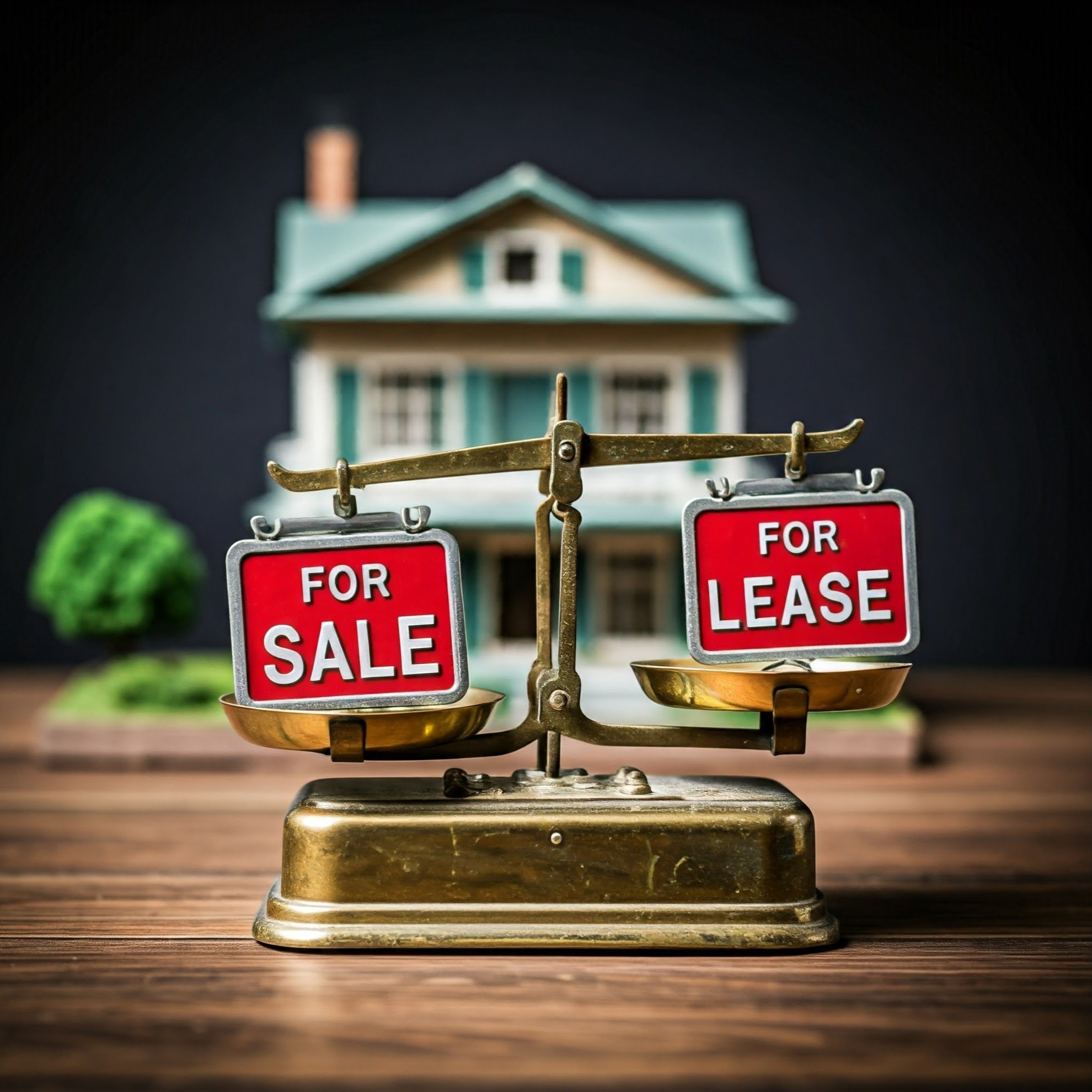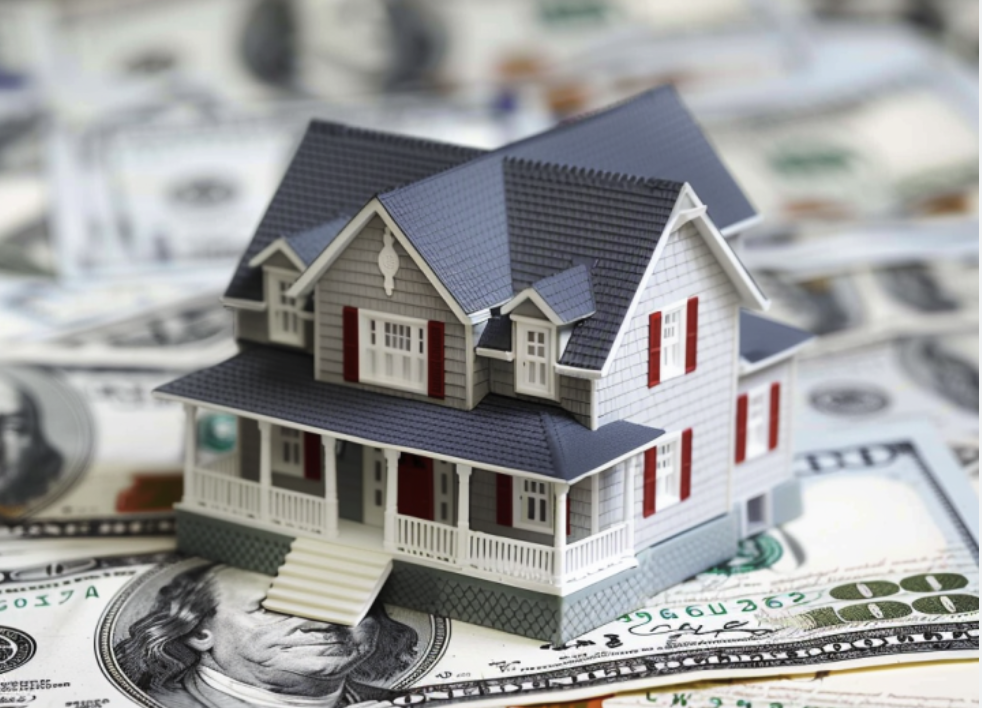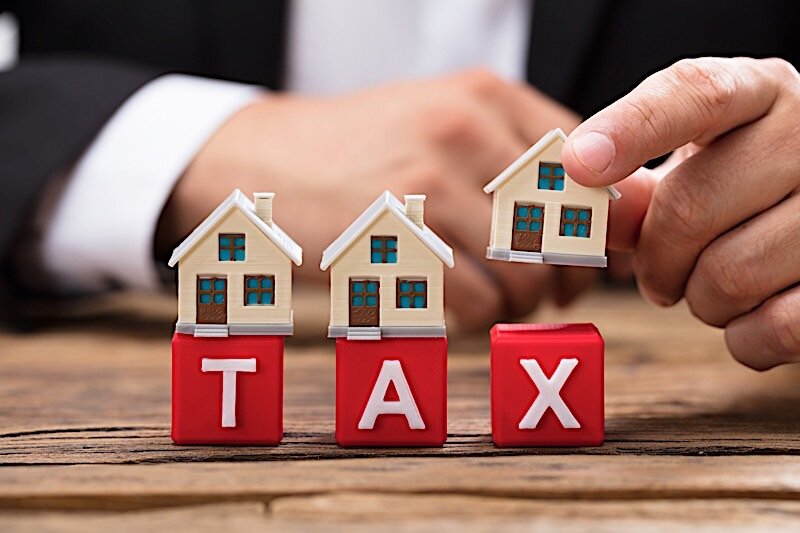Is Now a Good Time to Buy Rental Properties? That’s the Wrong Question.
Last updated: 2023
I very often get questions like these from potential private coaching clients:
“What's your take on the current market?”
“What do you think will happen with mortgage rates?”
“Are you seeing home prices starting to fall yet?”
“Do you still think now is a good time to buy?”
And so on
These are all market timing questions. Such questions assume that there is a right time and a wrong time to buy, and that through some combination of observation and analysis, you can make an informed decision about the best timing of your purchases. They also assume that good timing is important — that there is a lot to be gained by getting the timing right, and a lot to lose if you get it wrong.
Here’s the problem: every single one of those assumptions is wrong.
In this article, I want to convince you that these are fundamentally the WRONG kinds of questions for cash flow investors to be asking. Why? Because timing the market is not required for long-term buy & hold investing to be successful. Which is fortunate, because timing the market is impossible anyway.
Let's tackle the second point first: the daunting reality that the future is completely unknowable.
1 Just Face It, You Can’t Predict the Future
Whenever a client asks me to make a real estate prediction, my standard response is a joke along the lines of "Hold on, I have to grab my crystal ball from the other room." Personally, I have fully accepted the fact that making those kinds of predictions is pure guesswork, so it's therefore not even worth trying.
Counterintuitively, though, this is ESPECIALLY true for short-term predictions, and LESS true for long-term predictions. For example, you may have seen a recent headline somewhere that suggested a recession is imminent. (Of course, there are always, at all times, plenty of people predicting an imminent recession, or a stock market crash, or a housing crash, or some other calamity — usually because they have some kind of financial incentive to make scary predictions. They're wrong most of the time, though of course they're right eventually. This is why there’s a famous joke about these kinds of doomsday prognosticators: that they've predicted 15 of the last 4 recessions.)
But whereas the steady drumbeat of “the sky is falling” predictions usually flies under the radar, they have broken through to the mainstream media in recent months, so you've probably seen them. So...will there be a recession? Yes, there will certainly be a recession...eventually.
But will it happen this year? I have no idea, and neither does anyone else. In fact, not only can we not predict recessions with any accuracy, we frequently don’t know we’re in a recession until many months after it starts! Luckily, this has nothing to do with my investing strategy, so in that sense I don’t care when the next recession comes. (By the way, recessions are not strongly correlated with home price decreases anyway. The only recession to have a marked impact on home prices was the Great Recession in 2008, and that was a unique situation; typical recessions barely register with home prices.)
Speaking of home prices: the same dynamic of long-term clarity vs. short-term uncertainty holds here. I'm very confident that home prices will increase over the long term, at about the rate of inflation. But what will happen to them this year? I simply don't know.
Although: it's worth noting here that meaningful home price decreases are quite rare in the historical record. This graph shows median home prices since 1963, and as you can see, they tend to be pretty stable, increasing slowly over time. You can also visually see how little impact recessions have on home prices:
Ok, but what about mortgage rates? Will mortgage rates keep going up? I haven’t a clue. (As of the time of writing, they've actually come down in the last few weeks, which nobody would have predicted — check out the latest trends here.)
How big an impact will mortgage rates have on home prices, and when? Impossible to say. While higher mortgage rates should put downward pressure on home prices by reducing the purchasing power of homebuyers, there are lots of other factors that are putting upward pressure on home prices — things like a lack of home inventory, a wave of millennials entering their peak home-buying years, and more. (I wrote at length about this topic last year in this article. Interestingly, lots of people were saying a year ago that prices had peaked and the bubble would burst; those people don't look too smart now. Sitting on the sidelines waiting for home prices to come down would have been a terrible decision a year ago, as you can see from the chart of home prices above.)
The point is this: I don't spend any time or mental energy trying to answer these kinds of questions, because there aren't any answers. Because nobody knows the future. Furthermore — and this may be the most important thing to understand — the answers don't matter very much anyway.
2 Successful Timing Doesn’t Matter Anyway
We’ve already established that knowing the future is impossible, which makes it a futile effort to try to time the market. But just for fun, let’s imagine that you DID know the future. Imagine that, I dunno, someone came back from the future in a time machine and gave the the Home Price Almanac, so that you knew exactly what would happen with home prices:
Let’s say you KNEW home prices would fall 10% in the next 12 months (which, it’s worth repeating, would be an extraordinarily rare event historically.) Wouldn't you want to wait to invest? Let's run some numbers to find out, using the Multi-Year Model in my Property Analyzer.
We'll look at two scenarios: a $120K house purchased today (Scenario 1) vs. the same house purchased at $108K a year later (Scenario 2). We'll hold all other factors the same:
We'll finance 75% of the purchase at a 5.5% interest rate
Closing Costs: $5,000
Home Price Appreciation: 4% per year
In Scenario 1, the price will drop to $108K in year 2, and then increase 4% annually, so that it stays aligned with Scenario 2.
I'll take the same approach with rent, and all expenses, to ensure that Year 2 in Scenario 1 is the same as Year 1 in Scenario 2 — in other words, to exactly model what it would be like to wait 1 year to purchase, assuming all other factors are held constant)
Rent: $1,200/month in year 1, increasing 4% per year
Maintenance & Repairs: $1,200/yr. in year 1, increasing 4% per year
Property taxes: $1,500/yr. in year 1, increasing 4% per year
Insurance: $800/yr. in year 1, increasing 4% per year
PM fee: 8% of rent
Vacancy: 5%
With those inputs, here's what Scenario 1’s numbers look like:
In Scenario 2, the price of the home has decreased to $108K, and the rent and expense have increased by 4%. So here's what the two scenarios look like side by side:
Want to be able to use this property analyzer yourself? You can! I make it available as a free download.
Looking at these two scenarios, it certainly seems like waiting paid off! Instead of 8.5% cash on cash, you're getting a whopping 12.3%! Obviously that will make you a HUGE winner in the long run, vs. the Buy Now scenario, right?
Actually, wrong! Our intuition leads us astray here because we significantly underestimate the importance of Time in Market on our total returns. That extra year really matters! Let me prove it to you.
Let's imagine that we were to sell the property at the same time in both scenarios: say, in Year 20 of the Buy Now scenario, which is Year 19 of the Wait scenario. Again, we’ll make the same assumptions in each scenario, as outlined above, and use the Multi-Year Model in the Property Analyzer to look at our total returns over time. Take a look at how your numbers would stack up, paying particular attention to Cumulative Cash Flow, Cumulative Total Returns, and Profit If Sold:
Hmmm...that's not much of a difference at all, in the grand scheme of things. It's slightly better to wait, but it's certainly not enough to make yourself crazy trying to "time the market". And the difference continues to evaporate the longer you hold the property — here are the comparisons at 30 years and 40 years out:
So even in this completely implausible scenario, where you're able to know for SURE that home prices will decrease 10% in the next year, it actually isn't THAT beneficial to wait when you look at your long-term returns.
But if you wait and you guess WRONG, it can put you in a pretty bad spot. Here's a comparison of the same scenarios, except instead of home prices decreasing 10% in the first year, they increase 10%, and mortgage rates rise to 6.5%. Now you've done materially worse, even after 20 years:
You might look at this and think, "Well, that's definitely worse, but it's still not terrible." Which is true! And that's exactly the point. This type of investing is a long-term play that will nearly always turn out pretty well if you hold the properties long enough. That's why it makes no sense AT ALL to wait for perfect initial conditions — again, because 1) you never know when those perfect initial conditions will arrive, and 2) your success doesn’t depend on perfect initial conditions anyway.
Conclusion
What should we conclude from all this? Pretty simple: Time In the Market > Timing the Market.
This maxim is a bit of a cliche, of course, but it's as true as it ever was. Time In the Market is the more powerful of these two levers, as I hope you're now fully convinced — and that’s lucky, because it’s the only lever you can control.
When I hear people ask market timing questions, I imagine a head-to-head basketball game outdoors. Both players get a ball, and they get 2 points for a layup and 3 points for a long-range shot. But it's an extremely windy day, with unpredictable gusts that can take a long shot WAY off course. Player 1 starts taking lay-ups, but Player 2 decides to get behind the 3-point line and wait for the wind to die down. Player 2 justifies this by saying "it's been blowing left-to-right for a while now, and that usually means that it will turn around and blow right-to-left soon, so I'm going to wait for the precise moment when the wind shifts — there will be a moment of calm, and I'll be able to nail this 3-pointer!" Meanwhile, Player 1 has made 10 lay-ups and is winning 20 to 0 before Player 2 even takes a shot.
The point should be obvious: take the lay-ups now, while you can.
As for me, that's exactly what I plan to do: as soon as I sell my two remaining NYC rental condos (in the next several months, hopefully) and have money in the bank to invest, I'll be deploying that money as fast as possible into more cash-flow properties (like this one and this one and this one.) I will not give even a moment's thought to "is the timing right". I will focus on my core metrics and rate of return, and remember how powerful Time In Market really is.
Let me finish by asking you a question: what are you waiting for?! If you're looking to scale a cash-flowing portfolio, the best time to do it is still NOW. (And if you need more help and think private coaching is right for you, you can schedule a free initial consultation with me.)
About the Author
Hi, I’m Eric! I used cash-flowing rental properties to leave my corporate career at age 39. I started Rental Income Advisors in 2020 to help other people achieve their own goals through real estate investing.
My blog focuses on learning & education for new investors, and I make numerous tools & resources available for free, including my industry-leading Rental Property Analyzer.
I also now serve as a coach to dozens of private clients starting their own journeys investing in rental properties, and have helped my clients buy millions of dollars (and counting) in real estate. To chat with me about coaching, schedule a free initial consultation.
Free Rental Property Analyzer
Since you won’t be trying to time the market anymore, you may be itching to get into the rental property game! If so, you should know that a well-designed rental property calculator is the most important tool an investors has. It allows you to quickly calculate key metrics and understand your cash returns on a target property. You can also answer questions like:
How much do your cash-on-cash returns improve if you use a mortgage vs. paying in cash?
What will your average monthly cash flow be?
How will your returns change in future years?
Those questions can be easily answered with side-by-side comparisons in the RIA Property Analyzer. I guarantee this is the best free rental property calculator out there today, and many of my readers have told me the same. It’s both powerful and very simple and intuitive to use. Check it out!






































